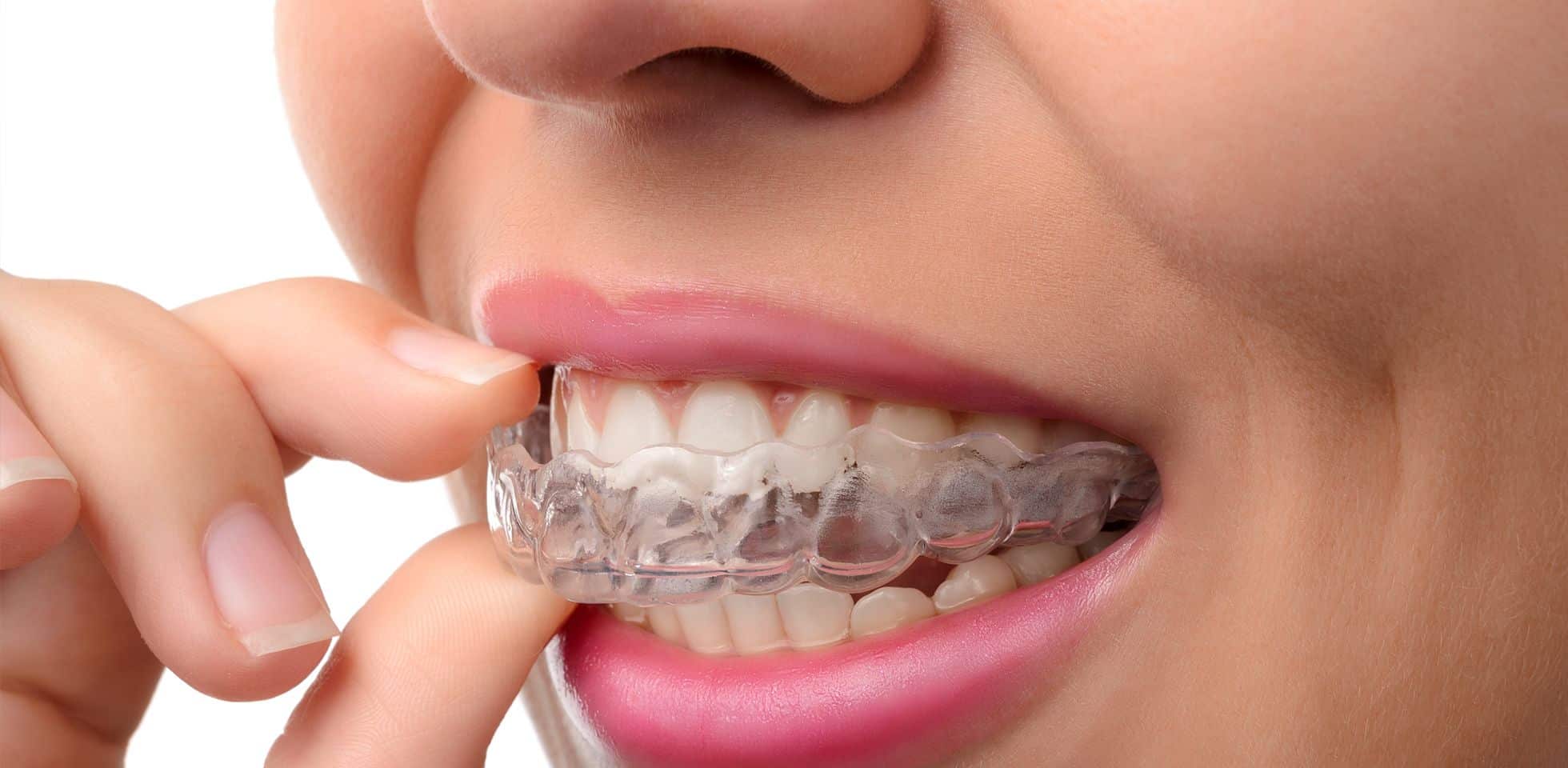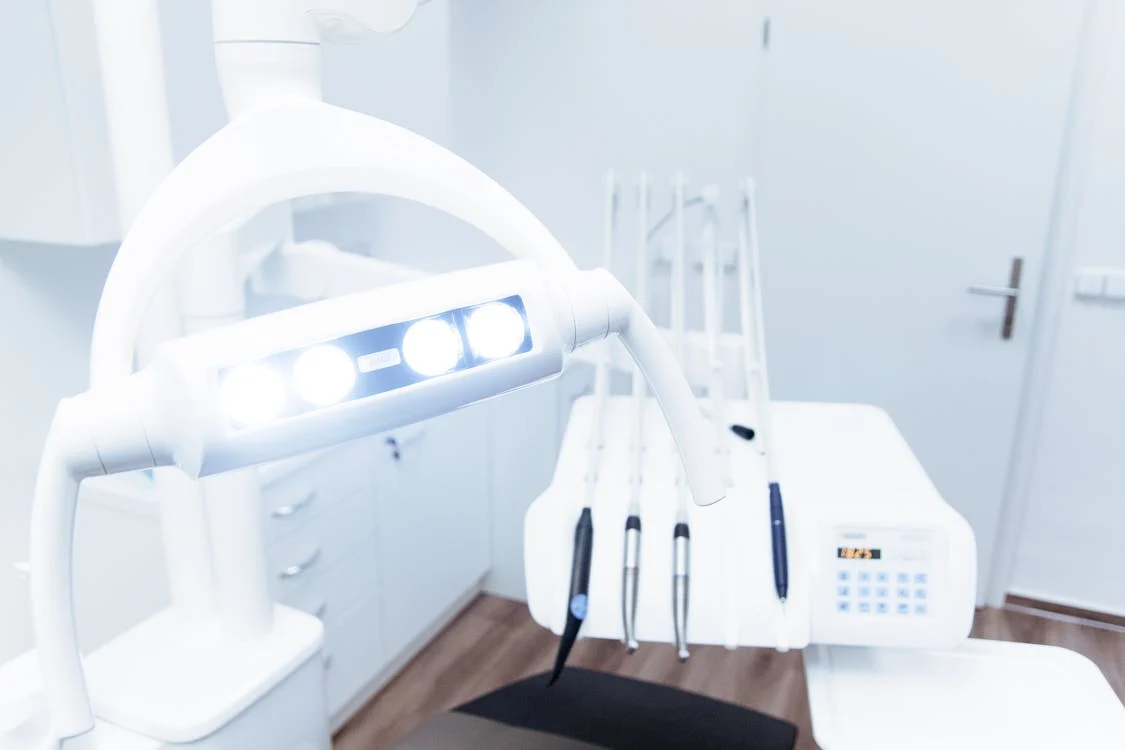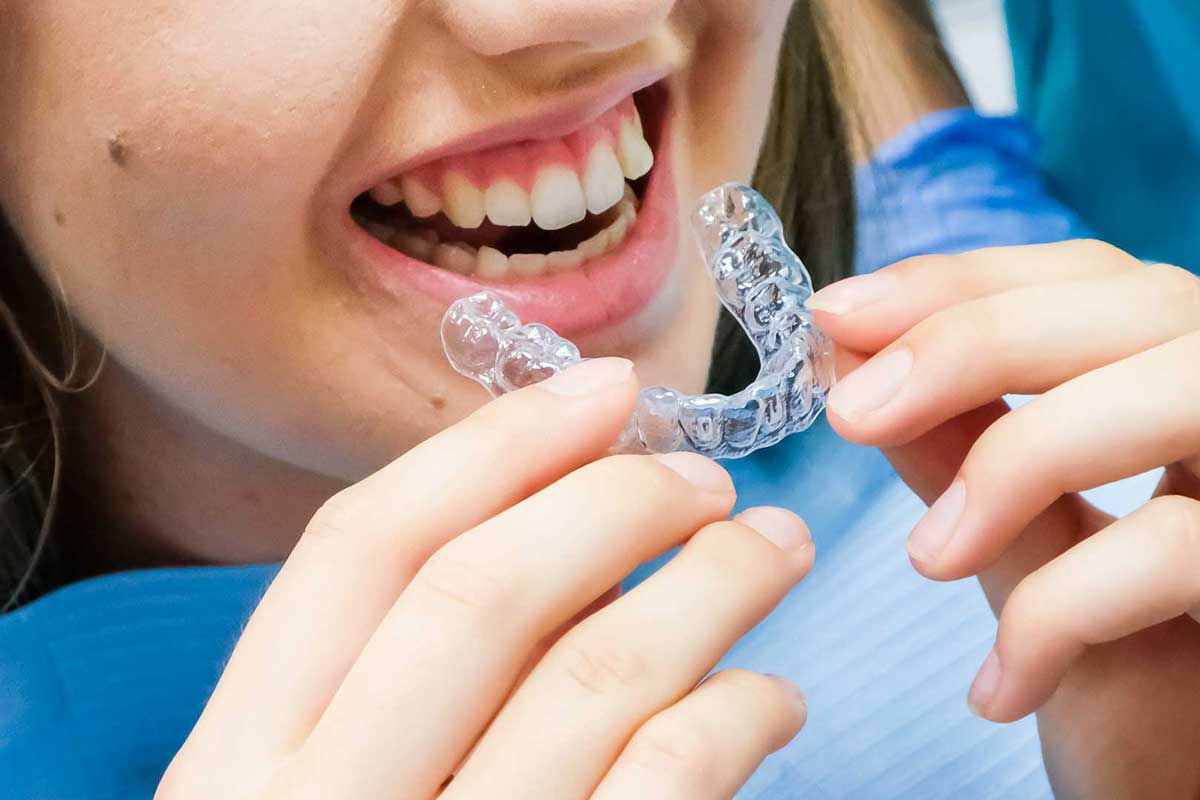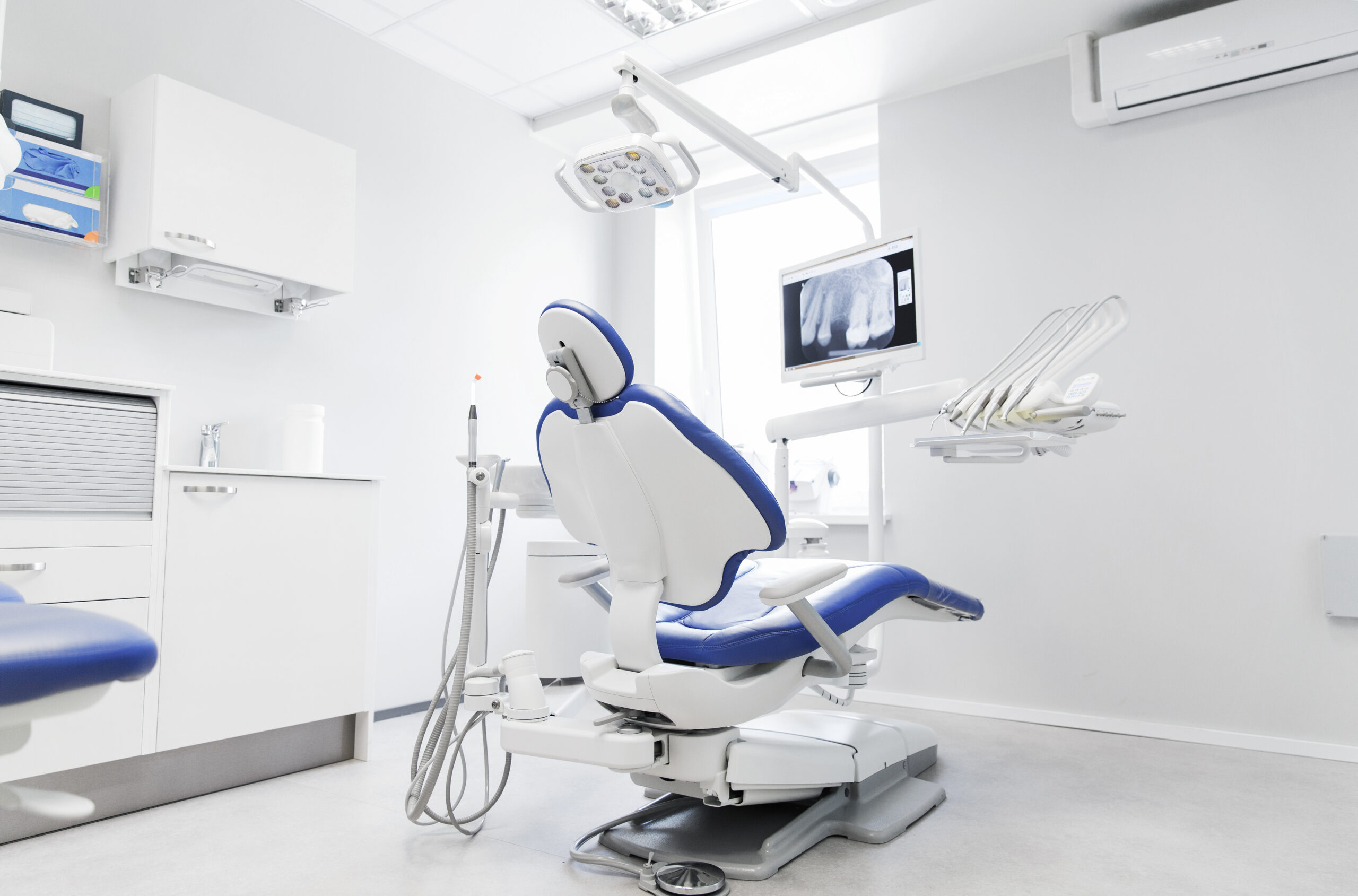
Oral hygiene is the cornerstone of dental health, a pillar upon which the long-term vitality of your teeth, gums, and overall mouth health rests.
Taking care of your mouth may seem like a routine task, yet many people fall short in practicing effective oral care.
This guide is designed to reiterate the importance of basic oral hygiene practices, ensuring you maintain a bright smile, fresh breath, and robust dental health for years to come.
Key Points
- Brush your teeth at least twice a day for two minutes each time, using a soft-bristled toothbrush and gentle circular motions.
- Choose a toothpaste with fluoride to prevent cavities and strengthen enamel, and don’t forget to brush your tongue.
- Floss daily to remove food particles and plaque from between teeth, and consider using mouthwash as a supplement to brushing and flossing.
- Visit your dentist regularly for check-ups and professional cleanings to catch potential issues early and receive personalized oral hygiene advice.
- Watch your diet by limiting sugary foods and beverages, increasing your intake of calcium-rich and vitamin C-rich foods, drinking plenty of water, and incorporating probiotic-rich foods for oral health benefits.
Brushing and Flossing: The Foundation of Oral Care
Brushing your teeth is as fundamental as it gets when it comes to oral hygiene. Yet, the devil lies in the details – how you brush, how often, and what you use to brush can make a significant difference.
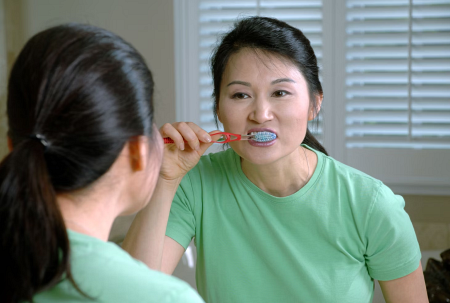
Proper Brushing Technique
Brush your teeth at least twice a day, for two minutes each time. Use a soft-bristled toothbrush and gentle strokes to avoid damaging your gums.
Hold the toothbrush at a 45-degree angle and brush in circular motions, covering all surfaces of the teeth. Don’t forget to brush your tongue as well to remove bacteria and freshen your breath.
Choosing the Right Toothpaste
Not all toothpaste are created equal. Look for toothpaste that contains fluoride, which helps prevent cavities and strengthen enamel. Consider your specific needs, such as tooth sensitivity or whitening, and choose a toothpaste that addresses those concerns.
Flossing and Mouthwash
Besides brushing, flossing and using mouthwash are important parts of a good oral hygiene routine.
Flossing helps remove food particles and plaque from between teeth, where your toothbrush can’t reach.
Mouthwash can help kill bacteria and freshen your breath, but should not be used as a substitute for brushing and flossing.
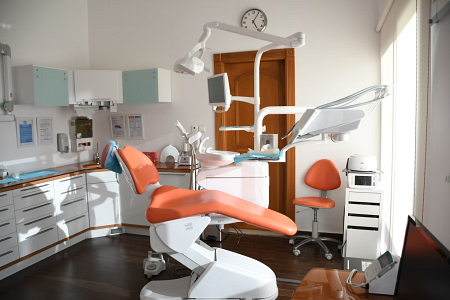
Regular Dental Check-ups: Your Oral Health Partner
Regular visits to the dentist go beyond just getting your teeth cleaned; they’re preventive sessions that can save you from potential oral health issues down the line.
Dentists can spot early signs of problems such as cavities, gum disease, and even oral cancer before they become severe.
These appointments are also an opportunity for personalized advice on improving your oral hygiene routine based on your specific needs.
Typically recommended twice a year, these check-ups also often include professional cleaning, which removes plaque and tartar build-up that regular brushing and flossing might miss.
If you live in London, you can visit a dentist in Greenford to ensure that you have the professional care and advice necessary to maintain long-term dental health.
Establishing a rapport with a dental professional ensures that you have an ally in maintaining optimal oral health throughout your life.
What You Eat Matters
What you eat plays a vital role not just in your overall health but specifically in your oral health as well.
Here are some tips that can help you:
- Limit sugary foods and beverages, as sugar feeds bacteria in the mouth and contributes to tooth decay.
- Increase your intake of calcium-rich foods, such as dairy products, leafy greens, and almonds, which can help strengthen teeth and bones.
- Incorporate foods high in vitamin C, like citrus fruits and bell peppers, which can help promote healthy gums and prevent gum disease.
- Drink plenty of water throughout the day to help rinse away food particles and bacteria in the mouth.
- Include foods high in antioxidants, such as berries, apples, and green tea, which can help reduce inflammation and protect against oral diseases.
- Chew sugar-free gum after meals to stimulate saliva production, which helps to neutralize acids in the mouth and prevent cavities.
- Avoid sticky or hard foods that can damage teeth or dental work, and opt for softer, easier-to-chew options instead.
- Consider incorporating probiotic-rich foods, such as yogurt and kefir, into your diet to promote a healthy balance of bacteria in the mouth.
Final Thoughts
Maintaining good oral hygiene is more than just a daily routine; it’s a comprehensive approach to preserving your dental health for the long term.
Actively brushing and flossing, choosing the right dental products, visiting the dentist regularly, and paying attention to your diet are all crucial steps in this journey.
By adopting these practices, you not only ensure a healthier mouth but also contribute to your overall well-being. Remember, every small habit contributes to a bigger picture of oral health.
Starting these practices today can lead to a lifetime of bright smiles and healthy teeth. Make oral hygiene a priority, and your future self will thank you.








